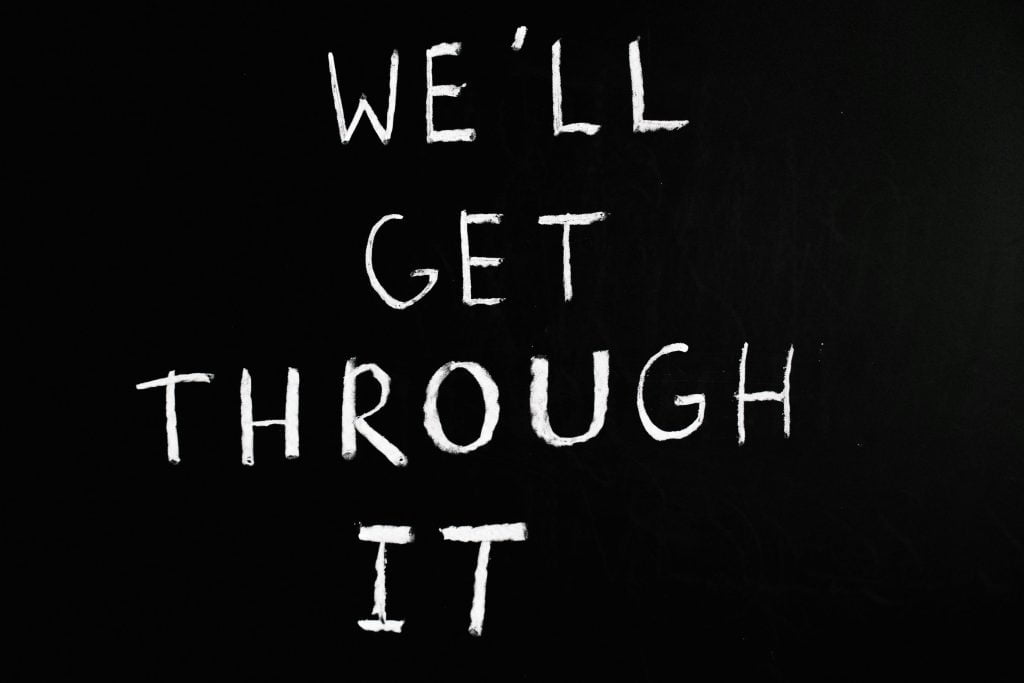Jalaluddin Rumi, a 13th-century Persian poet, left us with many profound thoughts. One of his most powerful quotes is, “Give your weakness to one who helps.” This simple yet profound statement offers a roadmap to personal growth, human connection, and resilience. Let’s delve into embracing vulnerability by, exploring its layers and learning how to apply it to our lives.
Understanding Rumi’s Quote
Rumi’s words are straightforward but carry deep meaning. “Give your weakness to one who helps.” What does this imply?
First, it acknowledges our humanity. Everyone has weaknesses. Admitting them is the first step toward strength. Second, it emphasizes the importance of seeking help. We are not meant to journey alone. Finally, it points to the quality of those we turn to. Not everyone can help. Seek those who can genuinely assist.
Rumi’s wisdom encourages us to embrace our vulnerabilities and find strength in trusted relationships. This foundational understanding sets the stage for personal transformation.
The Power of Vulnerability
Vulnerability is often misunderstood. Many see it as a sign of weakness. However, embracing vulnerability is a crucial aspect of strength. When we expose our vulnerabilities, we open the door to genuine connections and growth.
Brené Brown, a renowned researcher on vulnerability, provides insightful wisdom. She asserts that vulnerability is not about winning or losing. It’s about having the courage to show up when you can’t control the outcome. This idea aligns perfectly with Rumi’s message. By giving our weakness to someone who helps, we exhibit true courage.
Moreover, embracing vulnerability fosters trust. It deepens relationships. When we share our struggles, we invite others to do the same. This mutual exchange strengthens bonds. It creates a supportive community. Thus, embracing vulnerability transforms perceived weakness into real strength.
Identifying the Right Helpers
Not everyone can offer the support we need. It’s essential to discern who the “one who helps” is in Rumi’s quote. Look for certain qualities in these individuals.
Firstly, empathy is crucial. A helper must understand and share your feelings. They should listen without judgment and offer comfort. Secondly, look for wisdom. Experience and knowledge are vital in providing practical advice and solutions. Thirdly, reliability matters. A supportive person stands by you consistently, not just in moments of convenience.
Friends, family, mentors, and even professionals like therapists can be great helpers. Trust your intuition and seek those who genuinely care about your well-being.
Building a Supportive Network
Once you’ve identified potential helpers, it’s time to build a supportive network. Start by nurturing existing relationships. Invest time and effort into meaningful connections. Regular communication and shared experiences strengthen bonds.
Don’t hesitate to reach out and be proactive. Sometimes, people may not realize you need help until you ask. Be open about your struggles and express gratitude when assistance is given. This openness encourages others to do the same, fostering a reciprocal support system.
Additionally, explore new connections. Join clubs, attend workshops, or participate in community events. These activities can introduce you to like-minded individuals who can become valuable members of your support network.
Transforming Weakness into Strength
Giving your weakness to someone who helps is the first step. The next is transforming that weakness into strength. Here’s how you can achieve this transformation.
First, embrace a growth mindset. Understand that weaknesses are not permanent. They are areas for improvement. With the right attitude, you can turn any weakness into a strength.
Second, leverage the support you receive. Listen to advice, follow through with suggestions, and apply new strategies. Collaboration often leads to innovative solutions and personal growth.
Lastly, practice self-compassion. Acknowledge your efforts and celebrate small victories. Self-compassion enhances resilience and motivates continuous improvement.
Incorporating Rumi’s wisdom into your daily life can be transformative.
Here are practical steps to do so.
- Start by being honest with yourself. Recognize and accept your weaknesses. This self-awareness is crucial for growth.
- Next, seek help proactively. Don’t wait for crises. Build your support network and engage with it regularly.
- Practice gratitude. Appreciate the support you receive and reciprocate when possible. Gratitude strengthens relationships and fosters a positive mindset.
- Finally, reflect on your progress. Regularly assess how embracing vulnerability and seeking help has impacted your life. This reflection reinforces positive habits and encourages ongoing personal development.
By living Rumi’s wisdom daily, you cultivate a life of resilience, connection, and continuous growth.
Conclusion
Rumi’s quote, “Give your weakness to one who helps,” is a timeless reminder of the power of vulnerability and the importance of supportive relationships. By understanding and embracing this wisdom, we can transform our weaknesses into strengths, build meaningful connections, and live more fulfilling lives. Remember, seeking help is not a sign of weakness but a step toward true strength and resilience. Embrace this journey with courage and an open heart, and watch how your life transforms. We have another Daily Motivational Quote recommendation for you.


